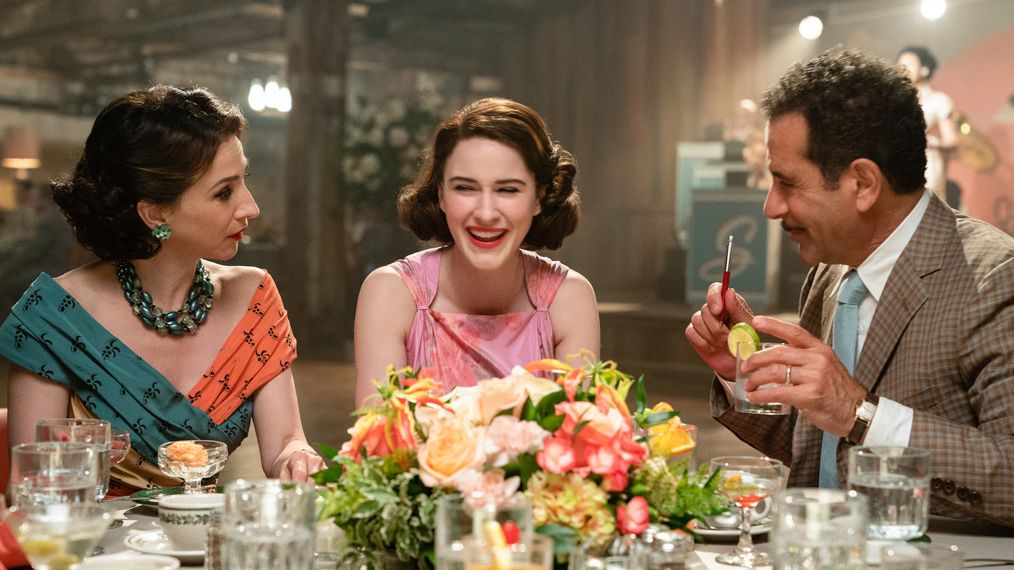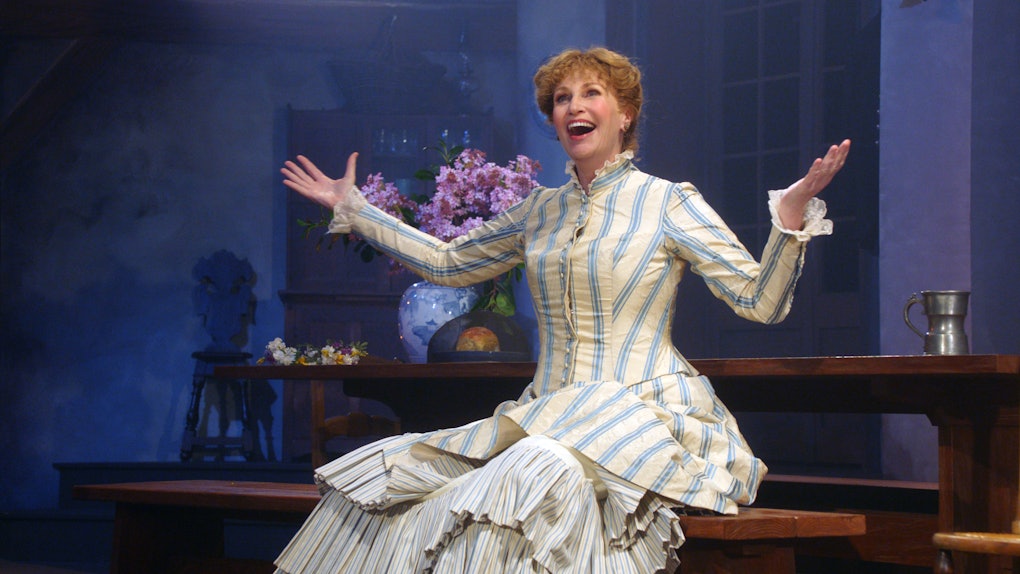Marvel Less
The Marvelous Mrs. Maisel started with a good concept--a Jewish housewife in the late 1950s pursues a stand-up comedy career. It was a lively show with fun, quirky character that went all out on costumes and sets. And Rachel Brosnahan did a great job as the title character.
I've just finished the second and third season and, while it's still fun, the bloom is off the rose. If anything, they're spending more for the look, but leaving the characters and plot behind.
This is probably the faults of the show's creator, Amy Sherman-Palladino, as well as her husband and fellow executive producer Daniel Palladino. I watched and enjoyed their previous show, Bunheads, which only lasted one season. Even in its 18 episodes, however, it showed signs of ADD. It started with a fascinating group of characters and an intriguing premise, but they kept adding new characters and subplots rather than exploring what we liked about the show in the first place.
Same goes for Maisel, which so far has had only 26 episodes over three seasons. I can understand with so few episodes per season you might want to move things along, but what we get are bizarre character flips as well as unwanted subplots that move us away from the center of the show--Midge Maisel's career and her relationships with those close to her.
Thus, in the second season, Rose, Midge's mom, runs away to Paris. Spending a few episodes overseas allows for some nice new sets, but just takes us away from what we find interesting. Later, Abe, Midge's dad, quits both his job at Bell Labs and at Columbia University. Since Abe and Rose live in a fancy Manhattan apartment, she visits her rich family to get an increase on her allowance, but, unhappy at how she's treated, cuts all ties with them. Thus the family has no income and must find a new place.
First, they're both acting too silly. I know this is a comedy, but when you do absurd things it's not entertaining, it's annoying. Second, it was fun to have them deal with and criticize their daughter from their expensive Manhattan nest. Forcing them out of their digs--even if it means they've got new stress to deal with--makes the show less entertaining. (Maybe after twice as many episodes I'd be happy to see them move, but there was still plenty to do there.)
Another example is Sophie Lennon, the popular hack comic who becomes Midge's enemy. For no sensible reason, Sophie decides to hire Susie--Midge's small-time manager--to represent her. To make it more absurd, Sophie wants to play Strindberg. This is a major subplot to season three, but it probably would have been better to leave Sophie (even if she is played by Jane Lynch) alone.
The show has other problems, the greatest probably being all the anachronisms in the characters' speech--especially bad when Midge does her routines which get big laughs rather than the quizzical stares they would have received. Still, you could overlook that in the first season when the plot was on track. It's not so easy to ignore it any more.
I don't know what direction the show will go in its fourth season. But (and I don't usually recommend this) it would be great if it could return to the basics.




0 Comments:
Post a Comment
<< Home